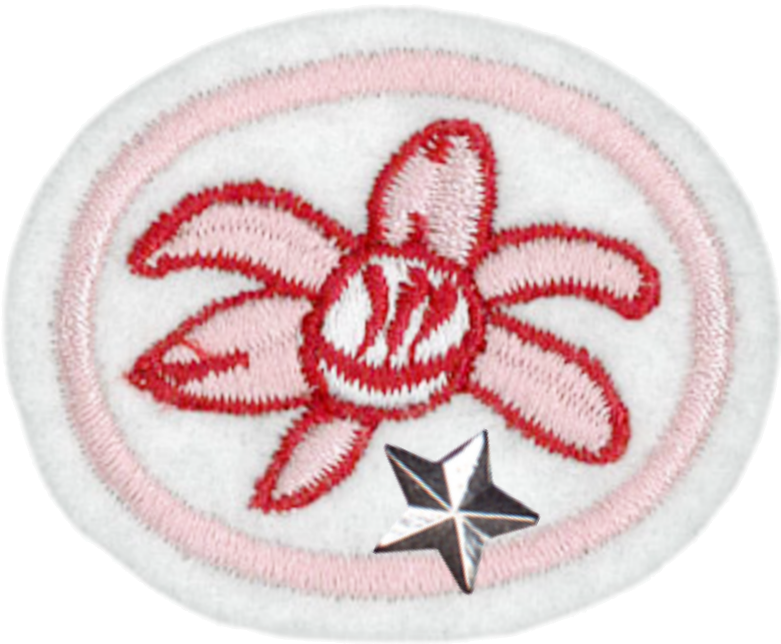Difference between revisions of "AY Honors/Orchids - Advanced"
Jomegat bot (talk | contribs) (Convert honor_tab to honor_landing *** existing text overwritten ***) |
DesignerBot (talk | contribs) m (insert nowiki-Tag infront of the honor_landing-Template so there is no paragraph infront of the language selector) |
||
| Line 1: | Line 1: | ||
<translate> | <translate> | ||
| − | {{honor_landing | + | <nowiki/>{{honor_landing |
|honorname=Orchids - Advanced | |honorname=Orchids - Advanced | ||
|skill=2 | |skill=2 | ||
Revision as of 16:38, 21 January 2021
| Orchids - Advanced | |
|---|---|
| Nature | |
Skill Level 123 | |
Approval authority South American Division | Year of Introduction 2012 |
AY Honors/Orchids - Advanced/Overview
The most challenging requirement of this honor is probably this:
14. Cultivate a small collection of orchids (from at least two genera) until they bloom (at least four different orchids). Afterwards, present a monthly photographic history, accompanied by notes on the development and the necessary care during each month, with the growth of each plant.
1. Have the Orchids honor.
2. Draw or press an orchid and identify the following parts:
- a. Sepal
- b. Petal
- c. Column
- d. Anther
- e. Stamen
- f. Labellum (lip)
- g. Stigma
3. What is the main difference between monopodial and sympodial orchids?
4. What are "cultivars"?
5. How does meristem multiplication work? For what purpose is it practiced?
6. What are keikis?
7. List three uses of orchids for man.
8. Know the essential elements for orchid growth.
9. Name at least two species of orchids that can grow in the following conditions, in the region you live in:
- a. Outdoors, in a common garden o a rock
- b. In the shade or half light
- c. In a greenhouse not acclimatized
- d. In a acclimatized greenhouse
10. Mention some factors that can contribute to a species of orchid becoming endangered.
11. Explain quarantine requirements in your country regarding the import of orchids.
12. Explain the growth process of orchid seeds under conditions in a glass vase.
13. Describe the world distribution of orchids and analyze how the knowledge of the height above sea level, the native habitat of an orchid is important for those who grow them.
14. Cultivate a small collection of orchids (from at least two genera) until they bloom (at least four different orchids). Afterwards, present a monthly photographic history, accompanied by notes on the development and the necessary care during each month, with the growth of each plant.
1
For tips and instruction see Orchids.
2
2a
2b
2c
2d
2e
2f
2g
3
4
5
6
7
8
9
9a
9b
9c
9d
10
11
12
13
14
References
Content on this wiki is generated by people like you, and no one has created a lesson plan for this honor yet. You could do that and make the world a better place.
See AY Honors/Model Lesson Plan if you need ideas for creating one.

